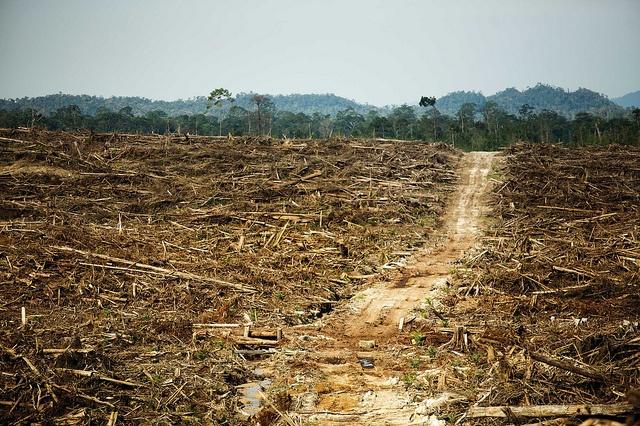
Palm oil continues to leave behind a long record of environmental destruction and human rights abuses. The list includes widely-documented deforestation practices, along with the endemic air pollution across Southeast Asia that led to accusations of companies in Indonesia hiring mercenaries to take smog inspectors hostage.
To that end, a recent WWF scorecard that evaluates companies’ performance offers some hope and surprise to consumers. But the report also shows the industry has much work to do in proving it can be more sustainable and responsible.
The study evaluates 137 of the world’s largest and most recognizable companies. Scores are based on several factors, including membership in the Roundtable on Sustainable Palm Oil (RSPO), the level of transparency in operations and supply chains, and commitment to sourcing what WWF defines as sustainable palm oil. WWF researchers also looked at whether companies actually purchased palm oil from reliable and sustainable sources, or if they relied on purchasing sustainable palm oil certificates from organizations such as GreenPalm.
For consumers here in the U.S., the results are encouraging. Companies that received high marks from WWF include Walmart, McDonald’s, Colgate-Palmolive and Estée Lauder. Walmart, for example, has come far in the eyes of WWF since the first such survey in 2009. But while the world’s largest retailer is “leading the way,” there is still some room for improvement. The company largely relies on certificates and says it will not commit to buying only physical certified sustainable palm oil (CSPO) until 2025.
Other food producers and retailers, however, have a long way to go. And WWF asked customers and stakeholders to push these firms into action. The list includes Campbell Soup and Dunkin’ Brands, as well as the chain stores Kroger, Target, Costco and Safeway. Then there are the companies that earned a huge thumb’s down for not bothering to report at all, as in Hillshire Brands, Yum! Brands and one silent grocer that will surprise many: Whole Foods.
And worldwide, if words are met by deeds, then only three companies can really say they are change-makers within the global palm oil supply chain. The Australian snack manufacturer Arnott’s, the French multinational Danone and Italy’s confectionery Ferrero are lauded by WWF for using 100 percent segregated palm oil supplies for their portfolio of products.
Yet across Europe, which activists often blame for deforestation due to the region’s aggressive biofuels mandate, there are still too many companies, including large retailers, that either have tepid palm oil sourcing policies or did not respond to WWF’s survey at all.
The WWF report is a sobering reminder that despite the growing outcry against the global palm oil sector, the chances are high that abuses will increase rather than decline. Last week media reports revealed that the price of palm oil on commodities markets are at a five-month high as supplies cannot meet global demand. Hence palm oil producers are looking beyond the world’s two largest producers of this ingredient, Indonesia and Malaysia, to new markets in Africa and Latin America.
With half of the world’s processed food and personal care products containing palm oil, expect its impact on people and the planet to only become worse unless companies, civil society and governments can agree on a path to mitigate its widespread damage.
Image credit: Rainforest Action Network/Flickr

Leon Kaye has written for 3p since 2010 and become executive editor in 2018. His previous work includes writing for the Guardian as well as other online and print publications. In addition, he's worked in sales executive roles within technology and financial research companies, as well as for a public relations firm, for which he consulted with one of the globe’s leading sustainability initiatives. Currently living in Central California, he’s traveled to 70-plus countries and has lived and worked in South Korea, the United Arab Emirates and Uruguay.
Leon’s an alum of Fresno State, the University of Maryland, Baltimore County and the University of Southern California's Marshall Business School. He enjoys traveling abroad as well as exploring California’s Central Coast and the Sierra Nevadas.














